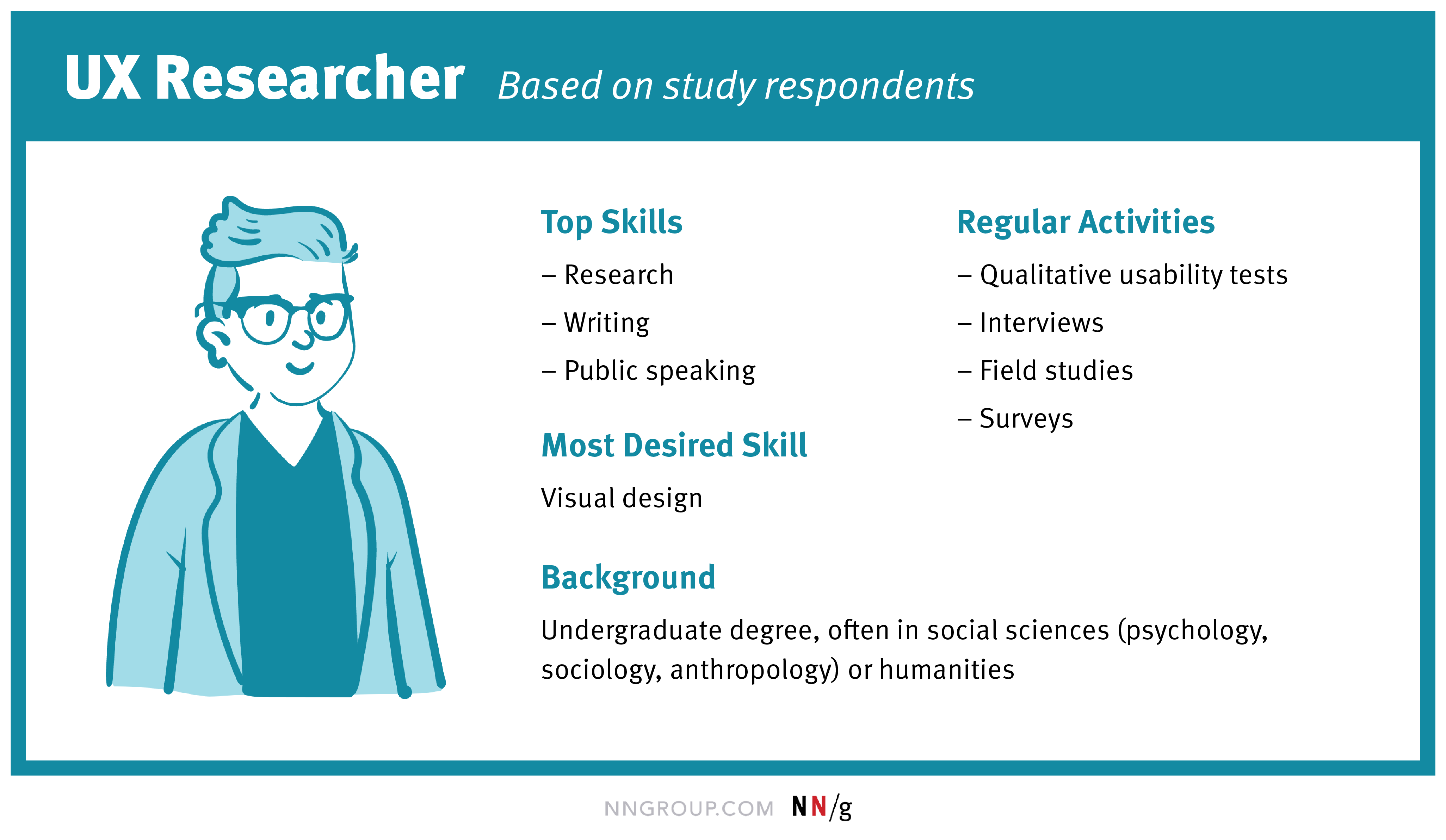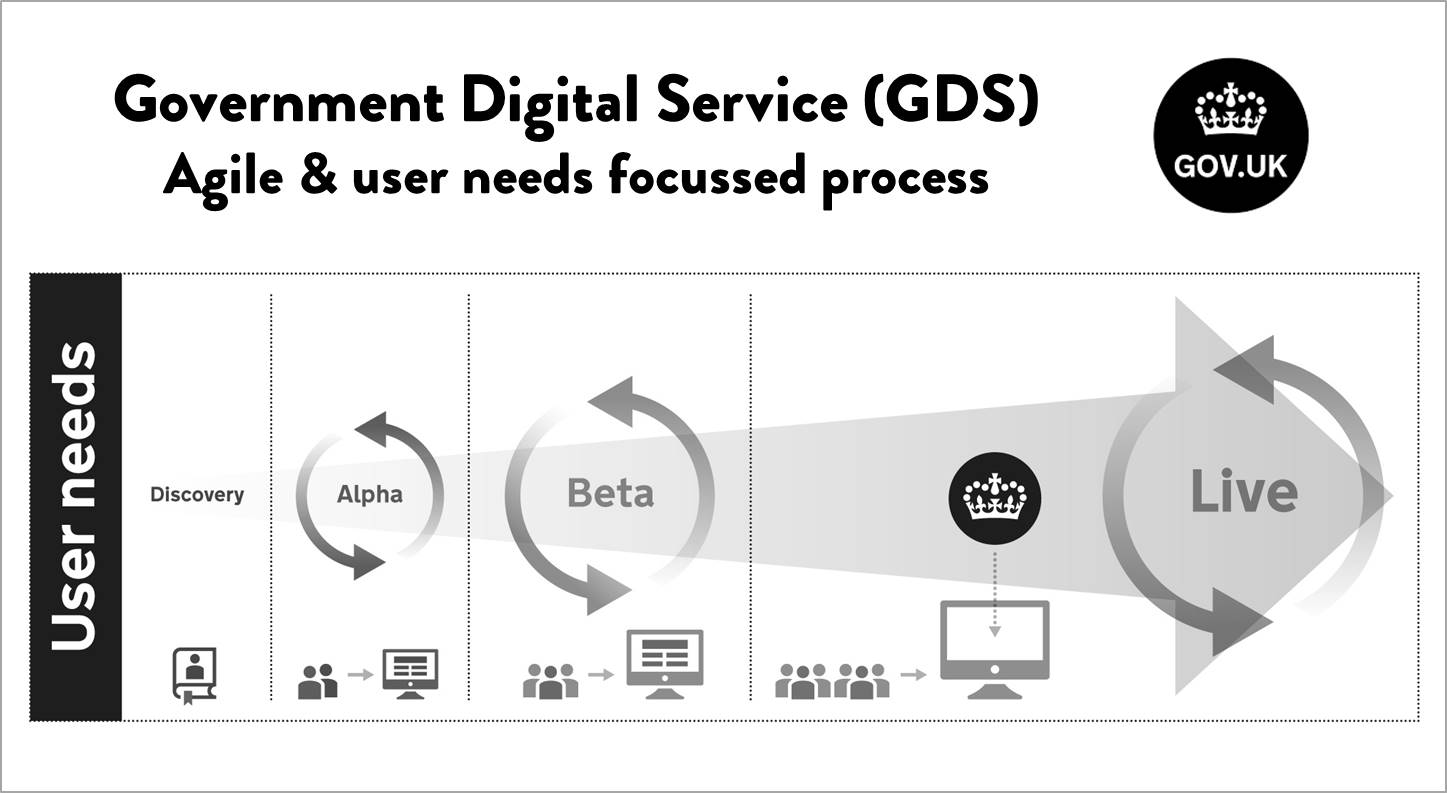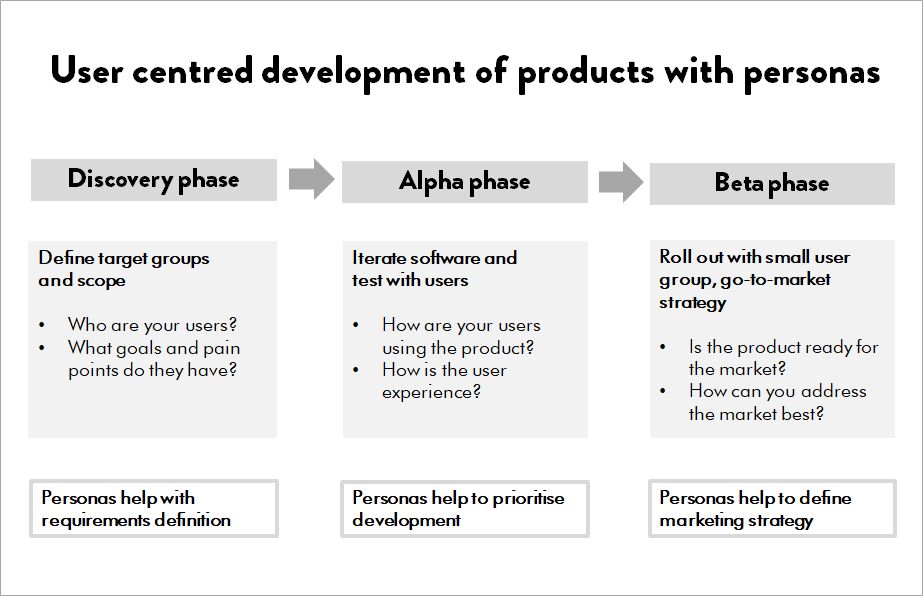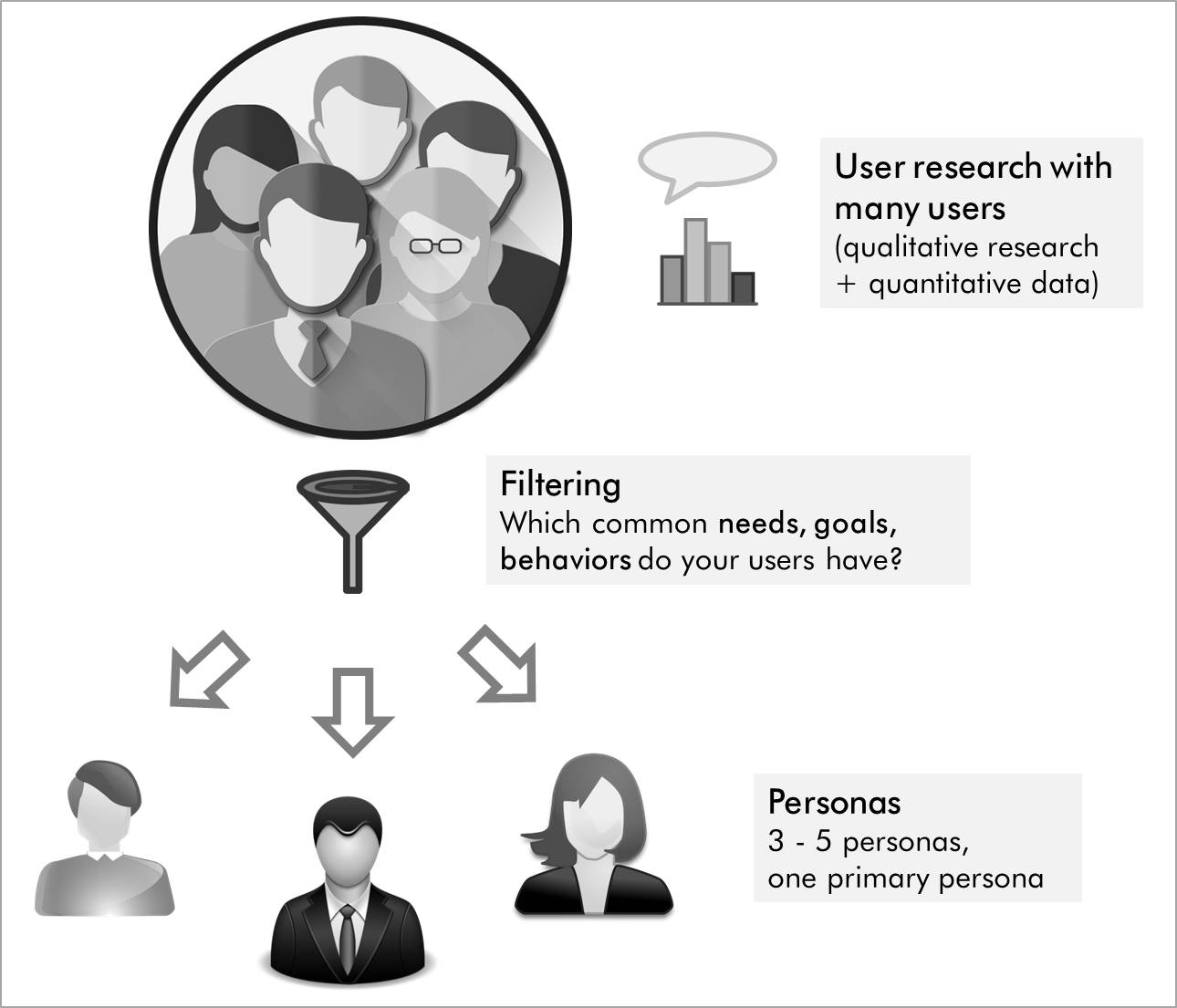User Research
"I've learned that people will forget what you said, people will forget what you did, but people will never forget how you made them feel."
Maya Angelou
The relevance of user research
Over the past years, public awareness of the importance of user research grew. User researcher became a specialist role within UX, which is reflected in the Zebra Salary Survey 2017-18.
“For the first time since we launched our Salary Survey, we’ve allocated a separate section specifically for User Research due to the ever-demanding increase for both permanent and freelance positions.”
The education of a user researcher
87% of the researchers have a degree (67% have a master's degree and 6% a PhD), and 45% of surveyed researchers (Zebra People Digital Salary Survey 2017-18) were not UK citizens, which is high compared to other disciplines. The number of researchers with PhD even doubled in the last two years, because in the latest survey, already 12% of user researchers in the UK have a PhD; the average in other disciplines is between 1 and 2% (Zebra People Digital Salary Survey 2019-20). You can download the latest Zebra salary report.
The user researcher usually has an education in Psychology, Social Sciences, HCI, Computer Science, or Design, sometimes Arts or Philosophy. Key capabilities of researchers are, of course, research, but also writing and presentation skills. Nielsen Norman Group have created a persona for user researchers:

How a user researcher works
The researcher has to validate assumptions about users and answer questions from product, business or marketing. To answer these questions, the researcher creates a research plan. The research plan starts with stating the problem and goal and formulating the research questions. Based on that, a suitable method is chosen, and the user recruiting criteria (sample size, demographics, required characteristics or experience) are defined. The timeline and deliverables are specified together with the client or the internal stakeholders.
A user researcher often uses qualitative methods, like in-depth interviews and behavioural observation. In that case, the sample size is usually smaller. The user researcher also conducts unmoderated remote testings, AB testings or surveys. Data from Google Analytics or Hotjar are also beneficial to create a full picture of the user experience. Quantitative data alone cannot provide information about users’ motivations or context. Sometimes the user researcher works closely with data analysts.
Based on their research, user researchers create personas and journeys. Personas represent the users or customers and help to empathise with them. Personas are derived from actual data about users, and any available quantitative information like segmentation or customer data is integrated. With user journeys, the researcher shows what users do, think, and feel in each step of a service or a customer or acquisition journey, and identifies opportunities for the product.
The 'job' of a user researcher
The 'job' of a user researcher is helping users to get their 'jobs' done.
The user experience is all about a user’s needs, expectations, and emotions. These are depending on users' goals and jobs-to-be-done. Your product should solve a problem for the user. To access users' real needs and sometimes hidden goals, you have to dive deeply into the psychology of the user. I apply a multitude of proven effective methods to ensure products meet users' needs and give them the best-possible experience. I use knowledge from Psychology, Cognitive Ergonomics & Engineering Psychology.



The user researcher within a team
User researchers work closely with UX designers and product managers/owners. Ideally, user research is driving product development. User research identifies users’ needs and pain points. These needs are then fed into the requirements of a new or existing digital product or service.
In addition to a product manager/owner and developers, an agile team consists of a user researcher, a UX designer, a content designer (copywriter), and often a business analyst. All work closely and iteratively together, in 1- or 2-weekly sprints (UK Government Service Manual).
UX job titles
This overview from Futureheads about UX job titles is for UX designers, but it is similar for UX researchers: Demystifying UX job titles and levels.
History of UX and career options
My presentation 'Career Paths: UX/UI Design' from 15 Dec. 2021 illustrates the history of UX by telling my own career story. It describes different roles within UX, where UX sits within an organisation, UX maturity of organisations, and provides insights into the UX job market and salaries.
15 Interviews to Google
Lessons from a UX researcher’s quest to land her dream job.
UX Professional Accreditation
The new UX Professional Accreditation has been launched at the World Usability Congress in October 2023. With this accreditation you can show that you are experienced and proficient in UX. It provides voluntary accreditation of UX professionals into a registry of professionals around UX, human-centered design and strategy and is supported by the UXPA International. I received my accreditation #031101003 on 30 May 2024.


